How To Co-Wash Curly Hair

written by nail expert Jess Rowley
How To Co-Wash Curly Hair:
So if you’re a newbie and getting to grips with caring for curls, then you’ve probably heard of the term co-washing your curls in between washes.
But what is co-washing, and why is it essential for your curly hair washing routine?
Well, if you’re learning the ropes, co-washing is great to help cut down on how often you’re shampooing your hair; instead of shampooing daily or every few days, you can do a co-wash to revive your curls with a moisture kick and cleanse your scalp.
Co-washing may be washing your hair with a conditioner, but don’t be fooled; it is very different from your traditional conditioner. Co-washes are cleansing conditioners, so they’re moisturizing like conditioners, but they also work to gently cleanse the scalp.
They un-clog hair follicles as well as hydrate.
Co-washing hair is a great alternative to shampooing as even sulfate-free shampoos can have too harsh ingredients for curls, so co-washing is a great alternative—many curlies co-wash in between their shampoo days when their curls need refreshing.
It can help remove excess natural oils from your scalp without the need to strip hair. So it helps with moisture retention and helps to keep natural hair hydrated, rather than dry and brittle from shampooing every few days.
Conditioner-only washing is the key to unlocking the ultimate curls. So let’s delve into how to co-wash your hair and why you should be co-washing your curls.
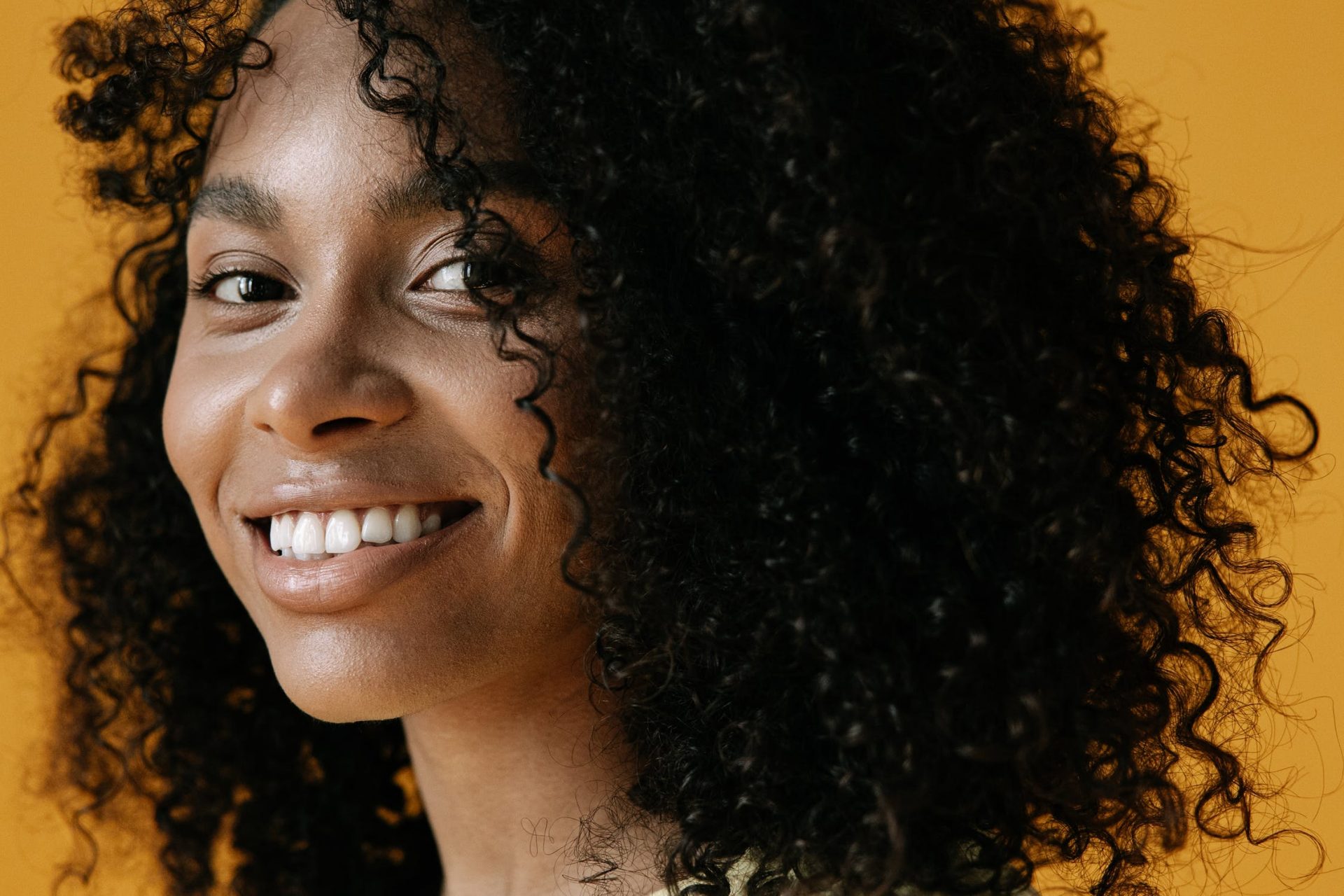
What Is Co-Washing?
So what is co-washing? In short, co-washing is replacing your shampoo with a product that does the job of shampoo to clean the hair but works as a conditioner to moisturize the hair. But I don’t mean any of that 2 in 1 crap; co-washing is washing with a lightweight conditioner.
Cleansing conditioners allow natural oils to clean, nourish and hydrate the hair and scalp. Co-washing helps to cleanse the hair without stripping the natural oils from the hair. It removes dirt and product buildup (non-silicone) to leave curls feeling fresh.
It is perfect for the summer months when we sweat more; instead of constantly washing our curls with harsh shampoos, cleansing conditioners offer the best of both worlds. They cleanse and nourish the strands to refresh your curls in between wash days.
Some sulfate-free shampoos can still strip your hair, they may be free of stripping ingredients, but some brands still include quite harsh chemicals which can dry out your hair.
This is why so many girls have switched to washing their hair with a cleansing conditioner, a co-wash. It is extremely effective for coily hair or really curly hair that doesn’t receive much natural moisture from the roots.
Our hair is also often exposed to sun, chlorine, and saltwater during the summer months too so it can replenish the lost moisture from these experiences and help to strengthen hair from within. You can even apply co-wash to your hair before the pool or beach days to protect these luscious strands from the harshness of these waters!
Co-washing prevents damage that these things can cause; it prevents hair from drying out and causing further damage to the hair. Co-washing is an easy way to cut down on shampooing and works wonders for nourishing and reviving dry strands.
Benefits Of Co-Washing Curly Hair:
There are many benefits of co-washing your hair; mainly, the benefits come from ditching the shampoo, which is loaded with harsh chemicals.
Sulfate shampoos especially can strip curly hair of natural oils and can create frizz, dryness, and even breakage, which is the last thing we want for curly hair.
Luckily with the co-wash method, you are washing your scalp with conditioner as if it was shampoo. You will still remove dirt with the friction of the scrubbing, but you won’t damage your curls, nor will you strip them of moisture during this process.
It is brilliant for curly textured hair as it does not strip the natural hair oils. It acts as a conditioner but also cleanses the scalp in the process. So you can have the benefits of cleaning your hair with shampoo but without any of the drawbacks.
You’ll notice that your curls feel stronger, softer, and more manageable!
The Drawbacks:
Co-washing can be an absolute game-changer for some curlies, but it’s not for everyone. Those with thick, coarse curls will lap up the benefits, but those with fine, low porosity curls may not as much…
This is because it can cause product buildup on your scalp, which can only be removed with clarifying shampoo. This can cause scalp irritation and itchiness, and a greasy look.
Those with low porosity curls especially would experience this. This is because some ingredients may struggle to be absorbed and will just sit on top of the hair instead; this can lead to buildup, and hair would look greasier than before.
Co-washing is also not recommended for people who have flaky scalp conditions like dandruff, psoriasis, or dermatitis, as it can clog the pores and cause these conditions to get much worse.
That being said, there are many benefits of co-washing curly hair if you have dry, thick, coarse curls that need some TLC.
Co-Wash vs. Conditioner: What’s the Difference?
So co-washing is also known as washing your hair with a conditioner, but it is not the same as using your regular conditioner; they are similar but not identical.
Cleansing conditioners have special cleansing ingredients that gently cleanse and remove product buildup as well as moisturize, whereas conditioners help with moisture, detangling, and strengthening. So they do not actually cleanse.
So while a co-wash can do everything that a conditioner can do, a co-wash also has qualities of your conditioner, but it is much more gentle on curly hair, which means that every day can be a good curl day, and you don’t need to strip moisture to achieve this.
So you can use a co-wash to replace your conditioner; you cannot replace a co-wash with any ol’ conditioner as this will just result in a greasy look on the scalp. Your regular conditioner cannot cleanse the hair; it can only hydrate and moisturize.
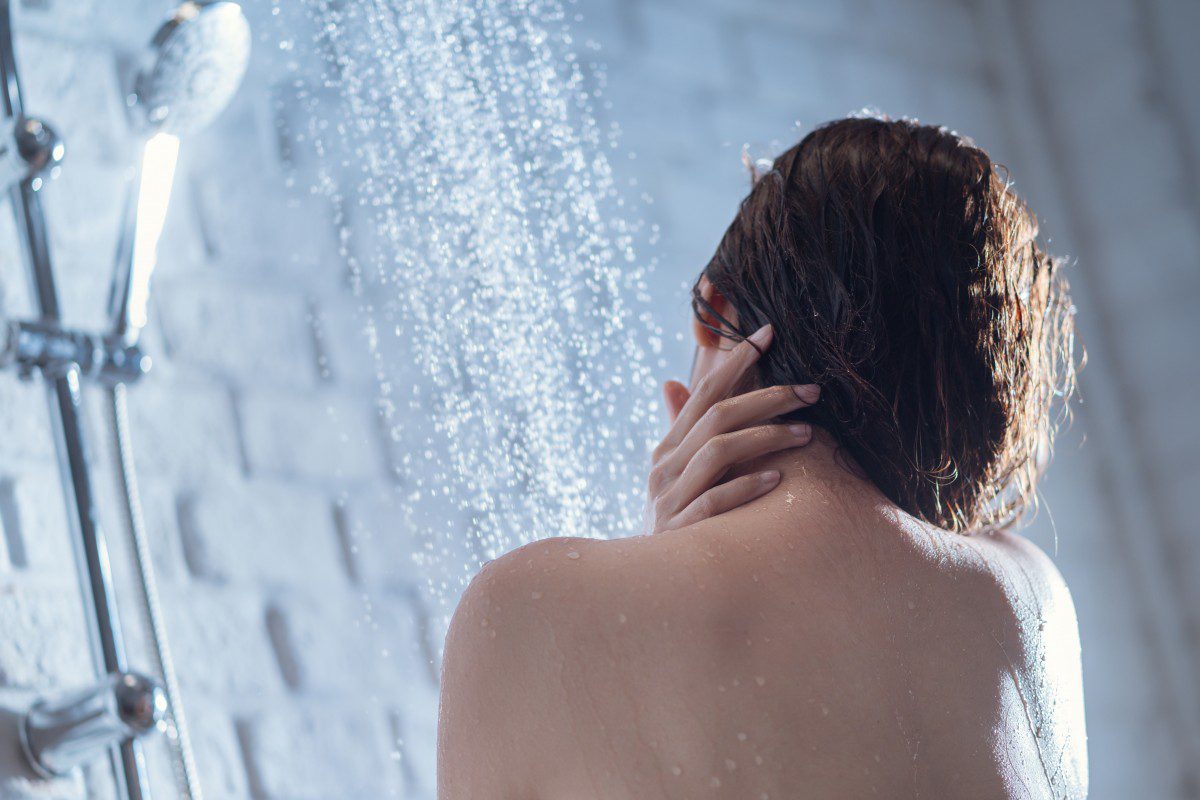
How Often Should You Co-Wash Your Hair?
As a general rule of thumb, you should aim to co-wash in between your regular shampoo washing to try and cut down on the amount of shampoo you are using on your curls. Usually, most curlies tend to co-wash their hair 1-2 times a week.
But this will depend on your hair texture and how many products you tend to style your hair with. So on the days that you feel like your hair needs shampooing, use co-wash instead; it should prolong your style for a few days after.
How To Co-Wash Curly Hair:
So now we’ve covered what exactly co-washing is; how do you co-wash your hair? Here’s a technique I personally love to use when co-washing my curls to ensure all the goodness is restored and the scalp is cleansed and nourished.
Fully Drench Your Hair With Water:
Before you go in with the cleansing conditioner, you’ll need to soak until it is sopping wet; this should help loosen debris, making it easier to rinse out dirt and grime. So start by massaging your scalp for a few minutes to help stimulate the scalp to release buildup.
This should also help distribute the product evenly throughout the hair to prevent any greasy spots where you may have gone overboard with the conditioner or accidentally missed it. Rinsing beforehand can also help the cleansing properties penetrate through the oil barrier.
Coat Your Hair With Co-Wash:
Forget the BS about how you need a dime-size amount of conditioner; when using a cleansing conditioner, you need enough to cover the root of your hair to the tip. Co-washes are lighter than your heavy conditioners, so don’t panic about using too much.
For some people, if it can be as much as a golf-ball-size amount, don’t be shy with the conditioner as remember you’re not just conditioning your hair but also cleansing. You’ll just want to be sure that you’re using the right co-wash for your hair porosity!
As if you have low porosity hair and use a co-wash suitable for those with high porosity curls, then you’ll probably notice that it will leave a greasy residue as the products are not being properly absorbed and just sitting on top of the hair instead.
Massage, Massage, and Massage Some More:
You want to massage your scalp like no tomorrow to help evenly distribute the conditioner from the scalp to the ends. This should help break down any residue leftover from your styling products.
You should be massaging your scalp for at least 60 seconds to help stimulate the blood flow and remove all dirt and grime from your roots; you need to work it more than shampoo to notice the most benefits. This is what will really get your hair clean!
Once it has been evenly distributed and you have a spare few minutes, I would recommend leaving it for 3 to 5 minutes (especially if your hair is particularly dry or damaged), and then it will act as a mask. Then after those 5 minutes are up, I would recommend giving the ends of your hair a little scrunch.
Give your hair a cool rinse for a few minutes; this should help to remove buildup and dirt on your hair, as well as help to seal the cuticle to seal in that luscious moisture from your cleansing conditioner. A cool rinse also comes with heaps of benefits on your health too!
Then rinse and style as usual!
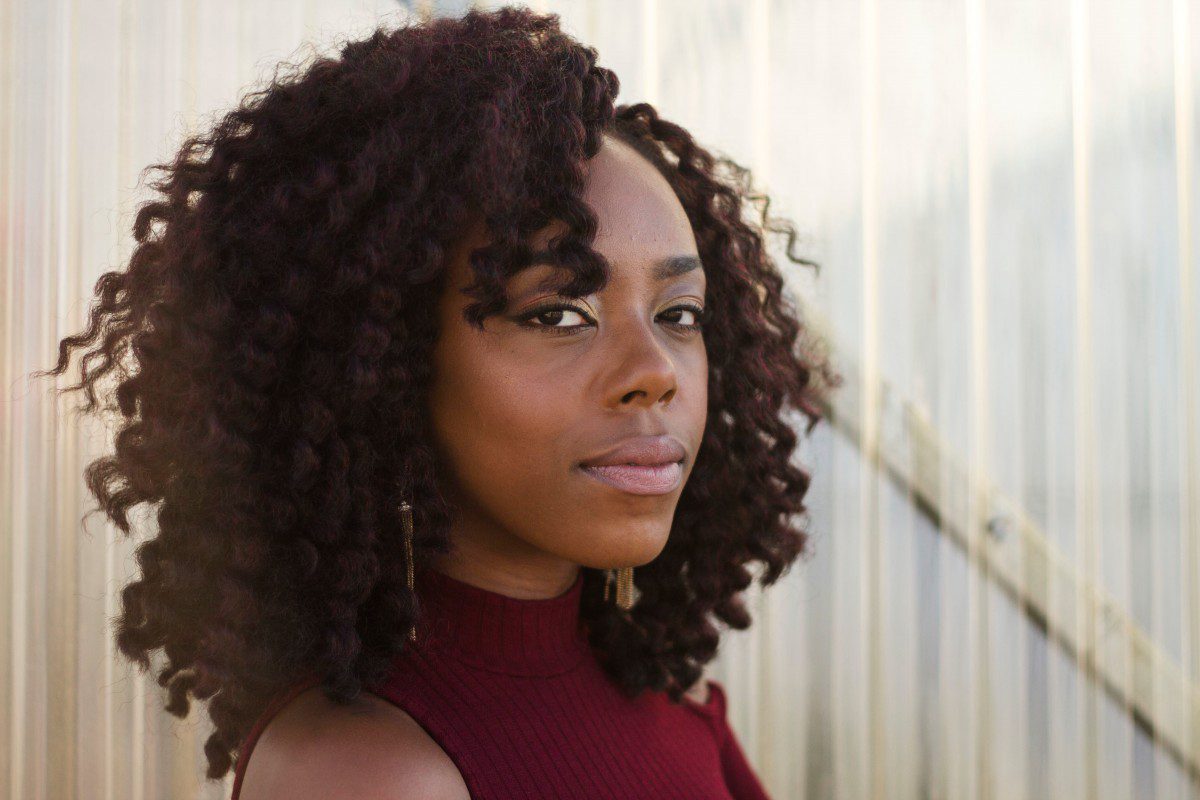
Summary:
So there you have it, everything you need to know about co-washing your curly hair and which hair curly types it benefits the most.
Cleansing conditioners can nourish the hair shaft from the root to the tip; you can wash your hair daily with co-wash without the worry of it drying your hair out.
Check out the complete guide of my top recommended co-wash products for curly hair!

Best L’Oreal Products For Men
[Review] in 2022 written by nail expert Jess RowleyCheck out the results fast - here are our review winners[dica_divi_carousel item_width_tablet="400px" item_width_phone="345px"...

Best Neutrogena Skincare Products
[Review] in 2022 written by nail expert Jess RowleyCheck out the results fast - here are our review winners[dica_divi_carousel item_width_tablet="400px" item_width_phone="345px"...
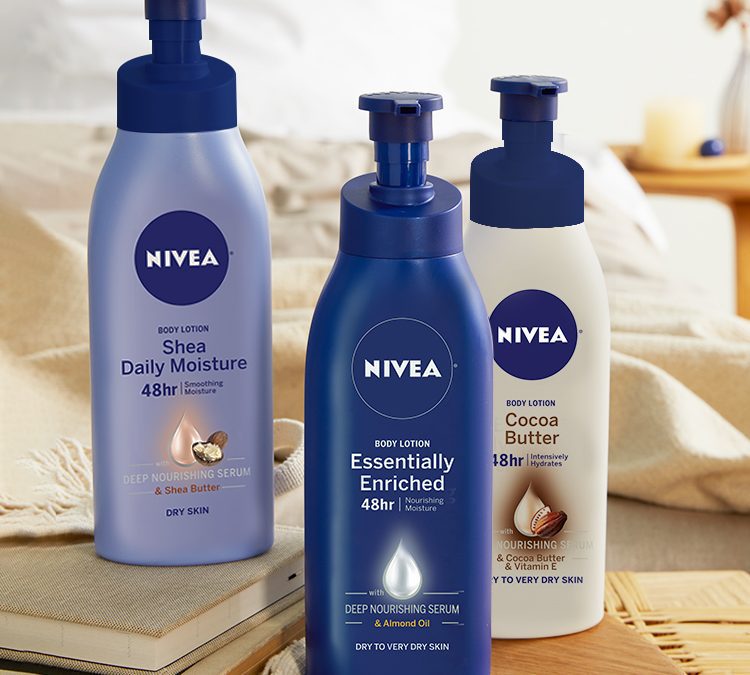
Best Nivea Products For Men
[Review] in 2022 written by nail expert Jess RowleyCheck out the results fast - here are our review winners[dica_divi_carousel item_width_tablet="400px" item_width_phone="345px"...
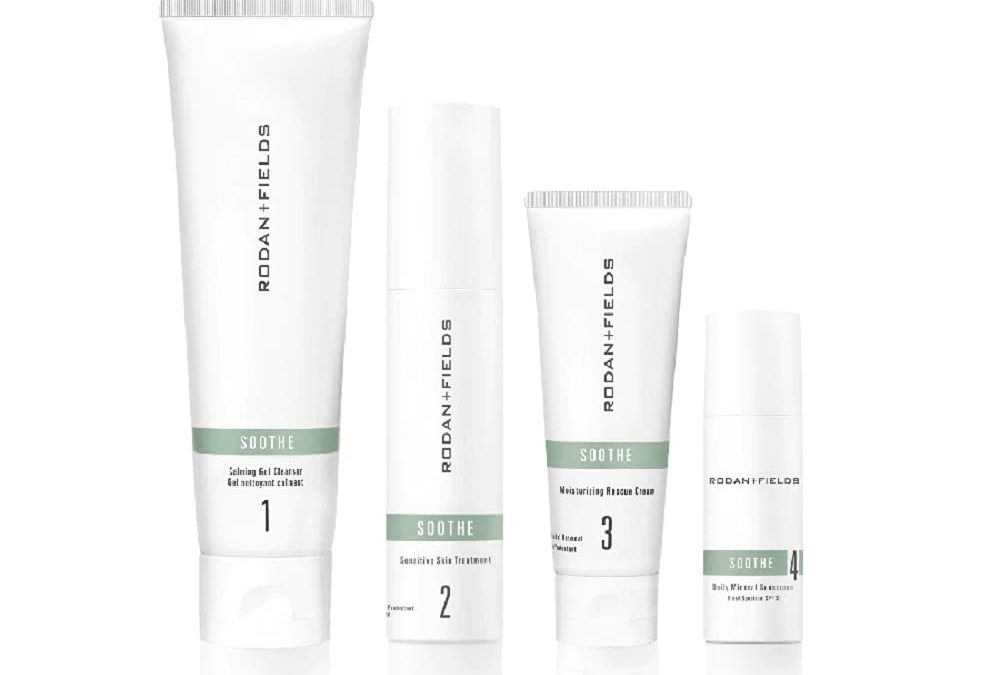
Best Rodan+ Fields Products
[Review] in 2022 written by nail expert Jess RowleyCheck out the results fast - here are our review winners[dica_divi_carousel item_width_tablet="400px" item_width_phone="345px"...
Related Post: Best Co-Wash For Curly Hair:
